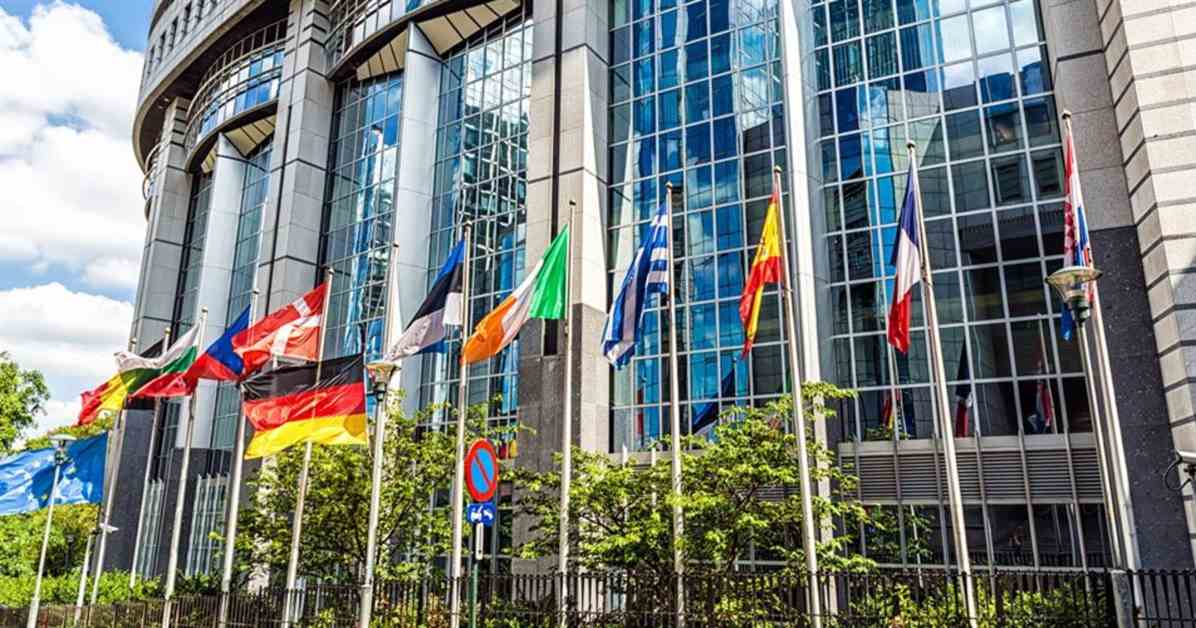Europe Votes: Understanding the Importance of the European Parliament Elections
According to a recent study conducted by the German Economic Institute (IW) based on the IW-People Survey 2024, it was found that approximately 62% of Germans view the election of the European Parliament as significant. This statistic was gathered from a sample of around 5,200 respondents, which is comparable to the voter turnout in 2019.
The study revealed that the perceived importance of the European elections could be heightened by providing information about the influence of the European Union (EU) on German legislation. Additionally, mentioning specific laws, such as the abolition of roaming charges, could further increase the perceived relevance by up to 8 percentage points.
Furthermore, highlighting the significance of the European single market for the German economy, particularly in terms of exports and job creation, can increase the perceived relevance of the European elections by over 70%. The study also noted that providing information about the EU’s impact on both legislation and the economy could potentially boost voter participation in the European elections.
When examining the attitudes of different political party supporters, it was observed that economic arguments resonated well with FDP supporters, while references to the political weight of the EU were more effective among left-leaning supporters. The findings suggest that there is an underestimation of the EU’s importance in both German legislation and the economy.
In terms of the future of the EU, the survey results indicated a general commitment to the EU, but also a resistance to certain changes. While there is a strong rejection of a “DEXIT” (69%), there is no clear consensus on enhancing competencies, admitting new member states, or improving the EU’s financial resources. Euroscepticism was particularly prevalent among AfD supporters, with a majority supporting a “DEXIT”.
Overall, the study highlighted the significance of providing accurate information about the EU to increase voter engagement and understanding of the European elections. Further research is warranted to explore the long-term effects of information dissemination on voter attitudes towards European integration.


